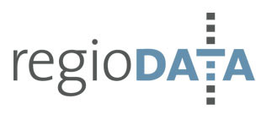

FaultBufferTool
Create buffers for fault traces based on confidence attributes and ranking criteria.
The Fault Buffer Tool allows geologists and engineers to create uncertainty buffers around mapped fault traces based on literature-backed values. The tool supports multiple uncertainty calculation approaches: general uncertainty, uncertainty with ranking (based on confidence, primary/secondary classification, and simple/complex classification), and geologic judgment. It also handles different fault types (strike-slip, normal, reverse) with appropriate symmetric or asymmetric buffers. Developed at Arizona State University.































